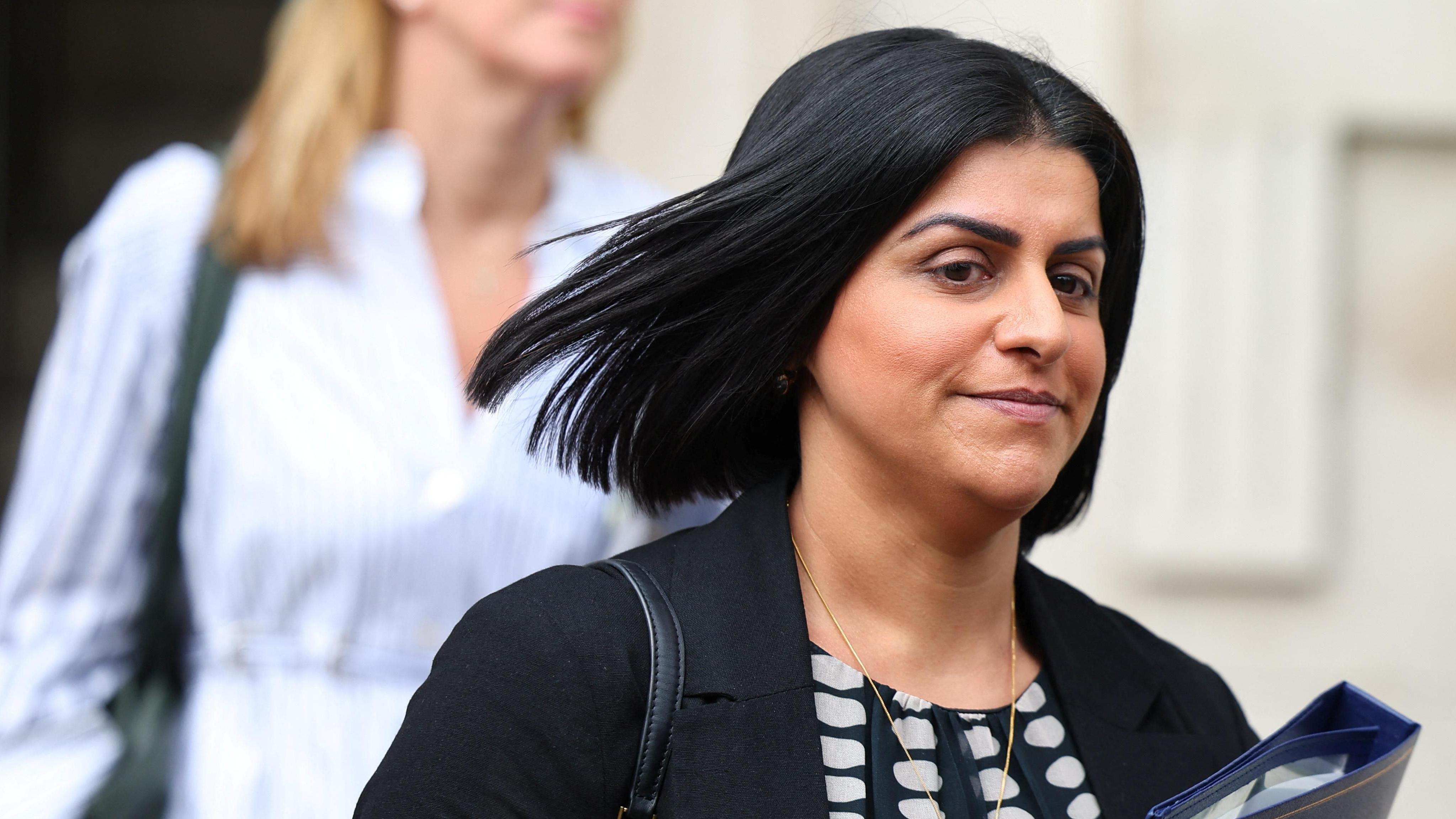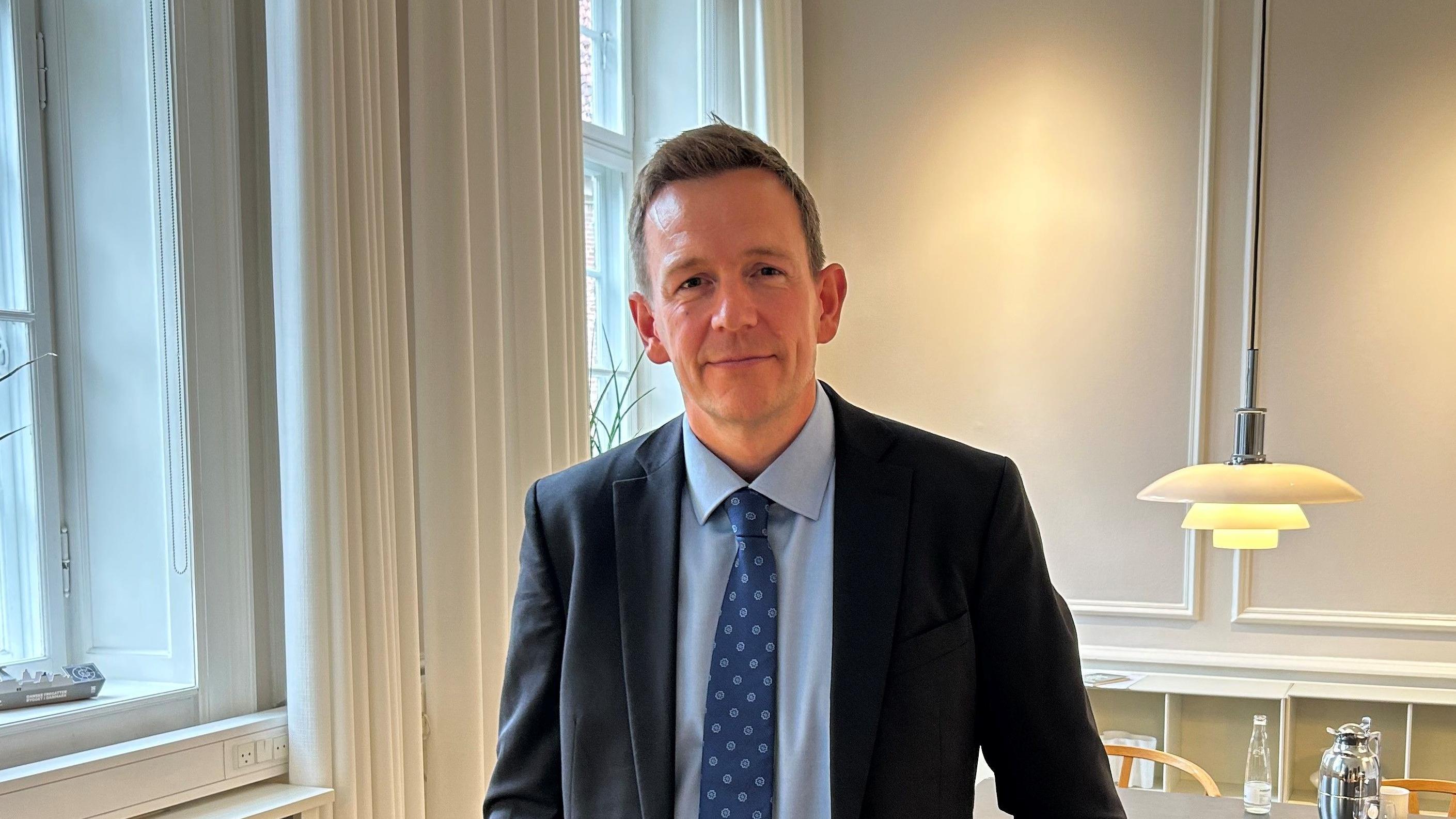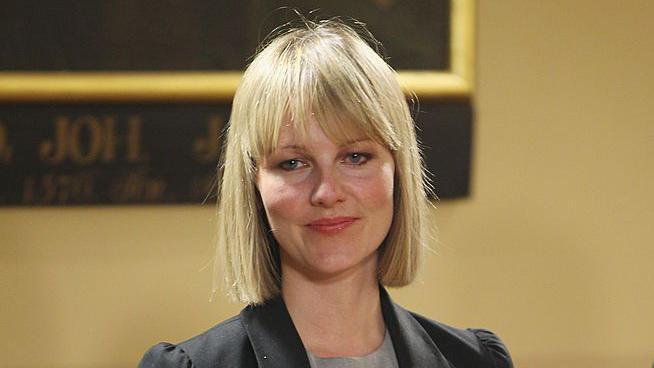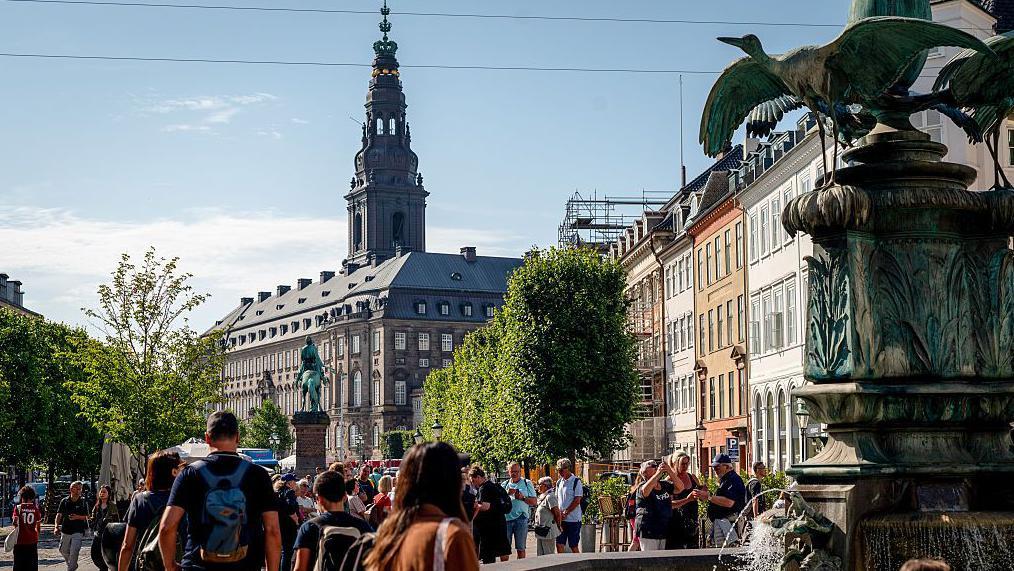UK Looks to Denmark for Immigration Reform Ideas

The UK's Immigration System Under Review
Home Secretary Shabana Mahmood is preparing to unveil a significant transformation of the UK's immigration and asylum system later this month. This move is expected to draw inspiration from Denmark, a country known for its stringent immigration policies. Danish measures include strict rules on family reunification and limiting most refugees to temporary stays.
Mahmood aims to reduce the incentives that attract people to the UK while making it easier to deport those without legal status. However, not all within her party support following the Danish model. A left-wing Labour MP has criticized the approach as "hardcore" and reminiscent of far-right ideologies.
At the Labour conference in September, Mahmood pledged to take whatever steps necessary to regain control over Britain's borders. She is particularly impressed by Denmark's success in reducing successful asylum claims to a 40-year low, with the exception of 2020 due to pandemic travel restrictions.
Senior Home Office officials have recently visited Copenhagen to explore potential lessons for the UK. During a recent trip to Denmark, we gained insight into how their immigration system operates.
Denmark's minister for Immigration and Integration, Rasmus Stoklund, who is part of Labour's sister party, the Social Democrats, shared insights. He highlighted that Denmark has tightened its laws in various ways, including returning more people to their home countries, making it harder to achieve family reunification, and expelling individuals who commit crimes more easily.
While the UK government is unlikely to adopt Denmark's practice of offering substantial sums for voluntary returns, some of Stoklund's outlined measures are under close scrutiny in the Home Office.
In Denmark, refugees targeted by foreign regimes receive protection. However, most asylum seekers are granted only temporary residency. If the Danish government deems a refugee's home country safe, they can be returned. Four years ago, 200 Syrian refugees had their residency rights revoked before the Assad regime fell, although they were not deported.
For those already in Denmark, the time required to gain settlement rights has been extended, and new conditions such as full-time employment have been added. The stricter family reunion rules in Denmark have also caught the attention of UK Home Office officials.

Family Reunion Rules in Denmark
If a refugee has been granted residency in Denmark, both the refugee and their partner applying to join them must be at least 24 years old. This rule is intended to prevent forced marriages. The partner in Denmark must not have claimed benefits for three years and must provide a financial guarantee. Both partners must also pass a Danish language test.
Refugees living in housing estates designated as "parallel societies"—where more than 50% of residents are from non-Western backgrounds—are ineligible for family reunions. In September, the UK Home Office suspended new applications under the Refugee Family Reunion scheme pending the development of new rules.
The previous scheme allowed spouses, partners, and dependents under 18 to come to the UK without meeting income and English-language tests applicable to other migrants. While Mahmood may not adopt the Danish approach fully, she is likely to implement more restrictive measures.
Stoklund emphasizes that tighter immigration and integration rules are about protecting the nature of Danish society. He compares Denmark to the Hobbits in "The Lord of the Rings," highlighting the expectation that newcomers contribute positively. If Danes are the Hobbits, the challenge lies in expelling foreign criminals.

Political Lessons from Denmark
In 2015, Denmark faced a similar situation with a centre-left government in trouble and a right-wing populist party gaining traction. There are parallels with the UK today, as Reform UK maintains a lead over Labour. Downing Street is interested in how a centre-left party defeated the Danish People's Party, once allies of Nigel Farage's UKIP.
Ida Auken, the Social Democrats' environment spokesperson, noted that adopting a tougher stance on immigration neutralized a toxic issue for the left, allowing focus on progressive policies. Some senior UK ministers find this argument persuasive.
However, critics highlight differences between the UK and Denmark, including challenges like flotillas of small boats and language requirements. While many Social Democrat parliamentarians supported hardline policies, some Labour MPs remain wary.
Clive Lewis, a former frontbencher, argues against adopting Danish policies, fearing the loss of progressive votes. Jo White, leading a group of Labour MPs in "Red Wall" seats, believes Labour will face a heavy political price if it does not adopt policies requiring some asylum seekers to contribute to their stay.

The Debate Continues
The discussion around immigration policy continues to evolve, with the UK drawing lessons from Denmark's approach. As the Home Secretary prepares to announce changes, the debate over the balance between security and compassion remains central. The upcoming broadcast of "Immigration: the Danish Way" on The News PulseRadio 4 offers further insights into this complex issue.
Post a Comment for "UK Looks to Denmark for Immigration Reform Ideas"
Post a Comment